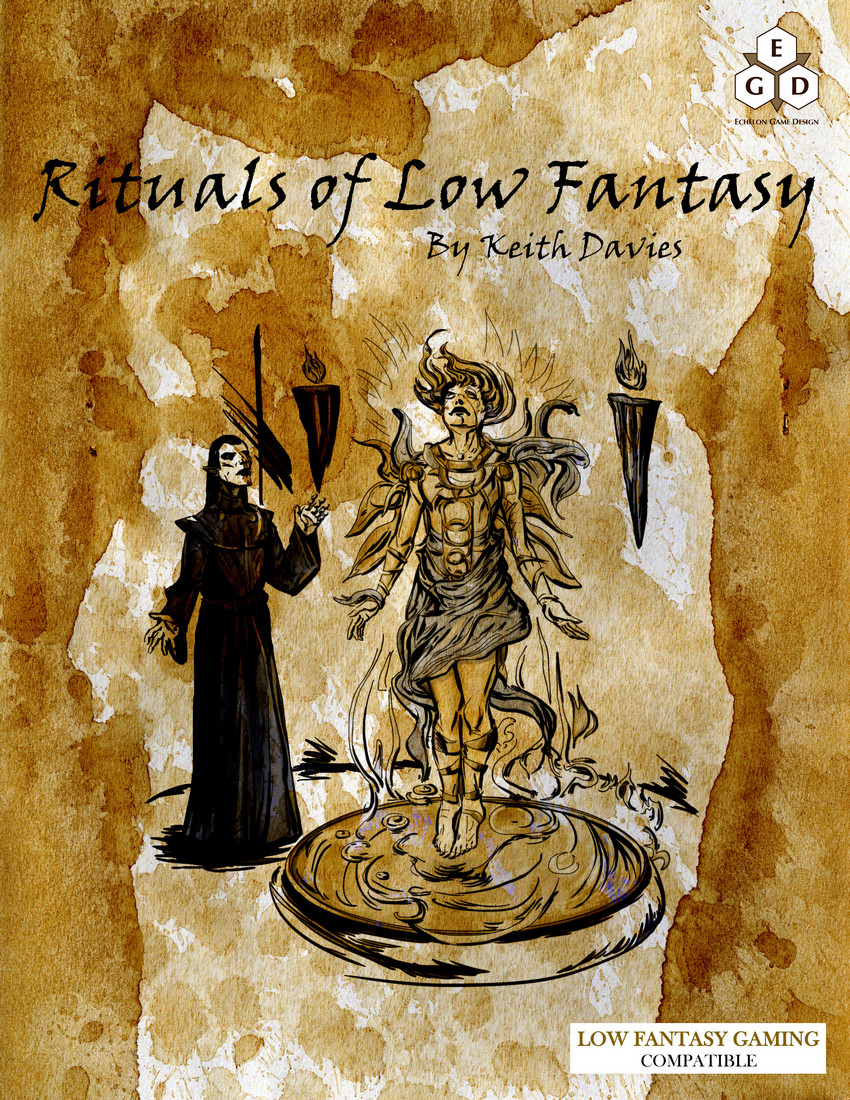Anyone can attempt a ritual, but knowing how to do it properly really helps.
The Ritual Caster unique ability allows a character to cast spells as rituals, typically paying a spell slot as the cost and increasing the casting time three steps in exchange for benefit. This is most often used to remove the Dark and Dangerous Magic check, at the cost of increasing the casting time.
The Ritualist skill (Int-based) is used when developing and performing rituals. Many ritual checks have conditions calling for a Ritualist skill check, and a character with the Ritualist skill can substitute a Ritualist skill check for another skill check, but spends a Luck point if successful.
The Arcane Lore skill is probably the second-most used ritual skill. Understanding magic, even if you can’t cast it, is important.
Depending on the ritual, any skill could be called on. Insight or Detection might be used during a ritual to discern the truth of something, or to find a way through the ritual. Persuasion or Leadership might be needed to convince a creature to let itself be summoned. Athletics could help a ritualist through a strenuous ritual. Apothecary might be important when dealing with complex reagents. Acrobatics helps with precision of timing and movement, while Sleight of Hand helps with more delicate manipulations.
Finally, because many rituals are based on spells, knowing spells is valuable. A character with the Ritualist skill may, when exposed to a new spell (via scroll, spell book, or instruction), make a Ritualist check to learn the spell. A number of spells up to the character’s level plus Intelligence modifier may be learned this way. A spell learned this way is only usable in ritual magic. When a magic-user gains a level and learns new spells, a ritual spell may be learned in addition to the base spells, in place of the bonus spell gained via scroll or spell book.
